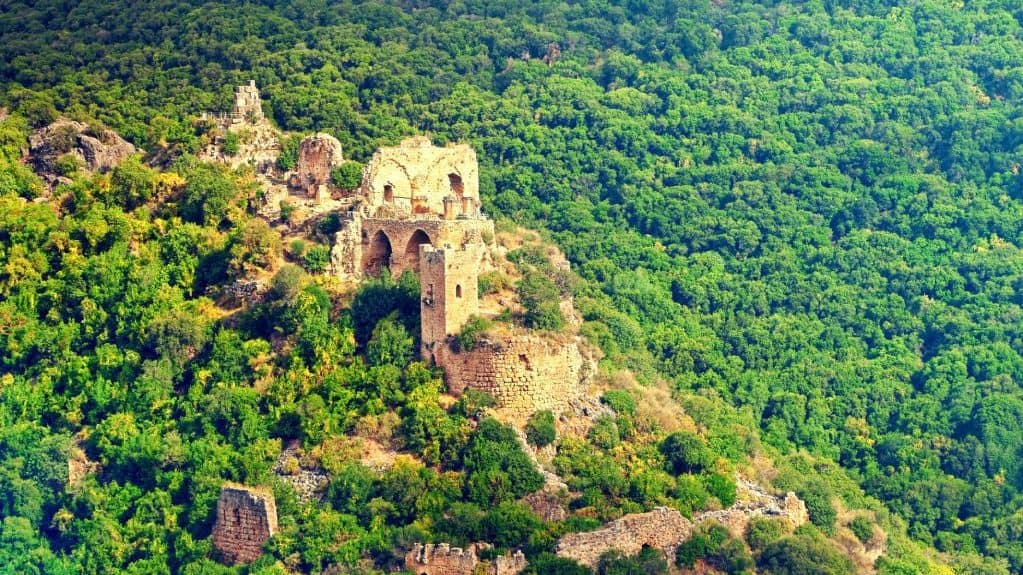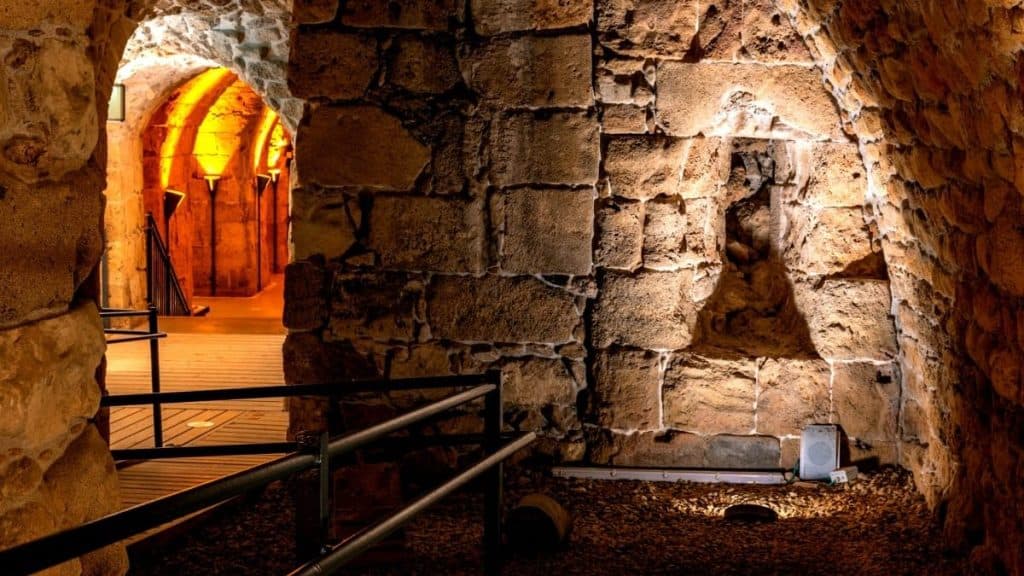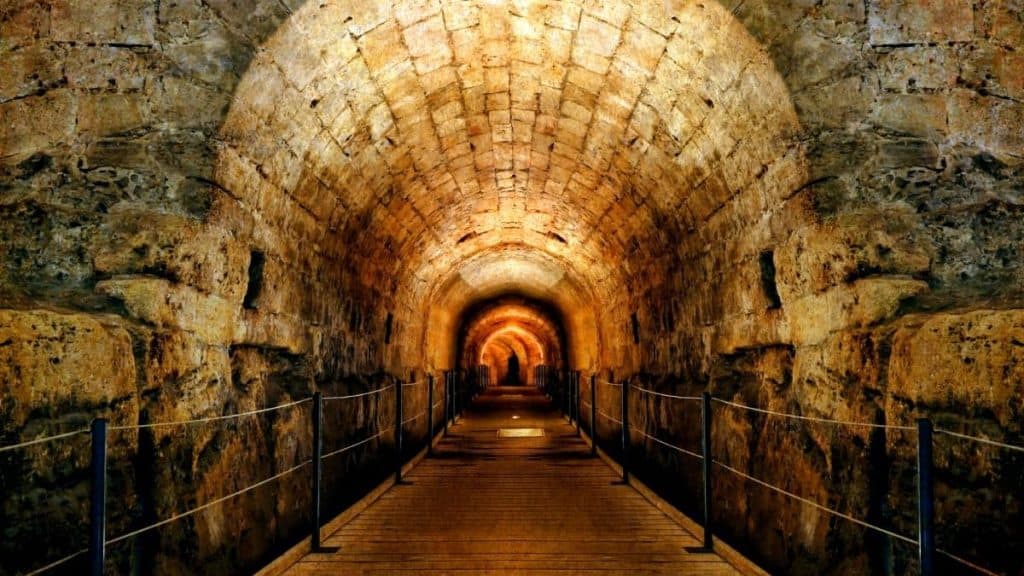The Crusades were a series of religious wars and military campaigns fought between the 11th and 13th centuries. Western European Christians primarily initiated them in response to religious and territorial conflicts in the Eastern Mediterranean region, particularly the Holy Land (modern-day Israel, Palestine, and surrounding areas). Here are some key points about the Campaigns:
The First Crusade
Background and Motivations:
The primary motivation for this endeavor was religion. Christian Europeans sought to reclaim control of the Holy Land under Muslim rule since the 7th century. The idea of “reconquering” Jerusalem and other holy sites held immense religious significance.
Papal Calls for Crusade:
Pope Urban II’s call for the First campaign in 1095 is often seen as the starting point of the Crusades. In his speech at the Council of Clermont, he called on Christians to take up arms and liberate Jerusalem from Muslim control.
The First Crusade (1096-1099):
The First Crusade was the most successful, resulting in the capture of Jerusalem by the Crusaders in 1099. Several Crusader states were established in the region, including the Kingdom of Jerusalem.
Montfort Castle

Subsequent Crusades:
Over the next two centuries, there were several more initiatives, including the Second, Third, Fourth, and Children’s Crusades, among others. These campaigns had varying degrees of success, often leading to political and military conflicts.
The Hospitaller Fortress in Acre

Military Orders:
During the Crusades, military orders like the Knights Templar and the Hospitallers played significant roles. These orders comprised knights dedicated to protecting Christian pilgrims and fighting in the Holy Land.
Knights Templar
Legacy and Consequences:
These heroic actions had profound and lasting effects. They led to cultural exchanges between the East and West, introducing Arabic knowledge to Europe and trade growth. However, they also resulted in immense violence, destruction, and strained relations between Christians and Muslims that continue to influence the region today.
Belvoir Castle
Later Crusades and Decline:
By the 13th century, the Crusader states in the Holy Land were in decline. The capture of Acre in 1291 marked the end of Christian control in the region. While there were later attempts to launch Campaigns, they were largely unsuccessful.
Historiography:
The Crusades have been a significant historical study and debate topic. Historians have explored their complex causes, motivations, and consequences and have sought to understand how they fit into the broader context of medieval history.
Templar Tunnel

The Crusades remain a complex and controversial topic, reflecting the medieval period’s intersection of religion, politics, and culture. They continue to impact the modern understanding of the Middle East and its history.

